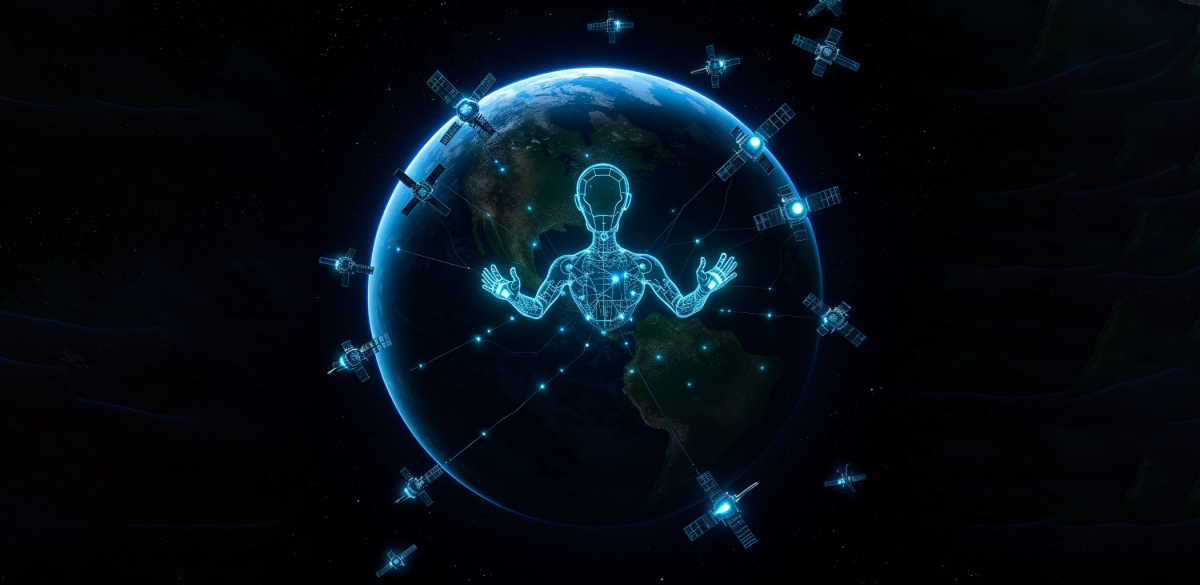Welcome to our weekly roundup of the top SpaceNews stories of the week, brought to you every Friday! This week, a static-fire test gone wrong cost Rocket Factor Augsburg the first stage of its inaugural rocket, the FCC approved Starlink's plan to deploy upgraded Starlink satellites under its Gen1 license, and more. |
|
|
|
By Jeff Foust, August 19, 2024 |
|
|
|
The first stage of the inaugural Rocket Factory Augsburg (RFA) rocket was destroyed in a static-fire test Aug. 19, dealing a setback to the German company just as it was nearing its first launch.
RFA confirmed in a statement posted on social media that the first stage of their RFA ONE rocket was destroyed in a test-firing at SaxaVord Spaceport in the Shetland Islands. No personnel affiliated with either RFA or the spaceport were injured.
The company successfully performed a static-fire test of the stage in May with four of its nine Helix engines installed. RFA had since installed all nine engines, although the company did not state if all were ignited, or planned to be ignited, in this test. | | |  | | |
|
|
|
| | SLS contract extension hints at additional Artemis delays NASA plans to extend the contract for one element of the current version of the Space Launch System until at least Sept. 2026. The extension, meant to give contractor Teledyne Brown Engineering more time to produce a Launch Vehicle Stage Adapter, suggest the agency is protecting against multi-year delays in future missions.
FCC approves Starlink first generation upgrade plan
The Federal Communications Commission Aug. 16 modified the license that permits SpaceX to operate up to 4,408 Gen1 satellites in low Earth orbit (LEO). The modification allows SpaceX to deploy upgraded Starlinks under the Gen1 license with technology developed for the company's second-generation constellation, which has a separate license permitting up to 7,500 more satellites in LEO.
NASA adds three companies to launch services contract for smallsat missions
NASA announced Aug. 22 that it selected Arrow Science and Technology, Impulse Space and Momentus Space for its Venture-Class Acquisition of Dedicated and Rideshare (VADR) contract. That selection allows them to compete for task orders for launching specific missions, typically small satellites willing to accept higher levels of risk in exchange for lower launch costs. |
|
|
|
| | Norwegian spaceport receives government license
Andøya Spaceport announced Aug. 22 that it received a license from Norway's Ministry of Trade, Industry and Fisheries that allows it to conduct launches from the site, located on the island of Andøya north of the Arctic Circle.
China to launch "Earth 2.0" exoplanet observatory in 2028
Earth 2.0, or ET, proposed by the Shanghai Astronomical Observatory under the Chinese Academy of Sciences (CAS), intends to use six 28-centimeter-aperture wide-field optical telescopes to observe about 2 million stars in the Kepler mission star field and other, larger nearby regions, continuously monitoring for transits of so-called exo-Earths over four years. |
|
|
|
Navigating by sight The four cubesats in NASA's Starling Formation-Flying Optical Experiment, or StarFOX, calculate their orbits by combining visual images from star trackers with robotics algorithms. The experiment shows the promise of autonomous swarm navigation.
SNC scaling up its fleet of radio-frequency monitoring satellites The company launched its first four RF sensing cubesats last year, built by Spire, marking its entry into this increasingly competitive field. SNC is now gearing up for a significant expansion, with plans to deploy a network of 20 satellites over the next five years. |
|
|
|
Can AI detect anomalies in orbital astrodynamics? Managing a complex challenge
|  | By Dave Finkelman, August 21, 2024
| As space traffic increases and our reliance on satellites grows, the question of how to manage and predict anomalies in orbital astrodynamics becomes ever more critical. The idea that artificial intelligence (AI) might provide a solution is enticing. However, the reality is that AI alone may not be sufficient to tackle the complexities and uncertainties inherent in space environments.
Thirty years ago, computational and communication limitations made it nearly impossible to manage and process the kinds of datasets we handle today. The explosion of data availability, combined with advanced search algorithms and AI techniques, has revolutionized our ability to draw conclusions from vast, interconnected datasets. However, the challenge in domains like orbital astrodynamics isn't just the amount of data, but the quality and relevance of that data, especially when it comes to rare events like anomalies or collisions.
|
Rethinking Safety in the Age of Machine Complexity By Karthik Gollapudi, August 19, 2024
As astronauts Butch Wilmore and Sunita Williams find themselves in their seventh week aboard the International Space Station — far beyond their minimum planned eight-day mission — we're confronted with a stark reminder of the challenges we face in an era of unprecedented technological complexity.
The case for an international space artifacts museum By Madhu Thangavelu, August 23, 2024
Rather than destroying the International Space Station, NASA and international partners should preserve the important piece of humanity's legacy in orbit, as part of a space artifacts museum. |
|
|
|
SpaceNews is committed to publishing our community's diverse perspectives. Whether you're an academic, executive, engineer or even just a concerned citizen of the cosmos, send your arguments and viewpoints to opinion@spacenews.com to be considered for publication online or in our next magazine. | | |
|
| | | | |
|
|

No comments:
Post a Comment